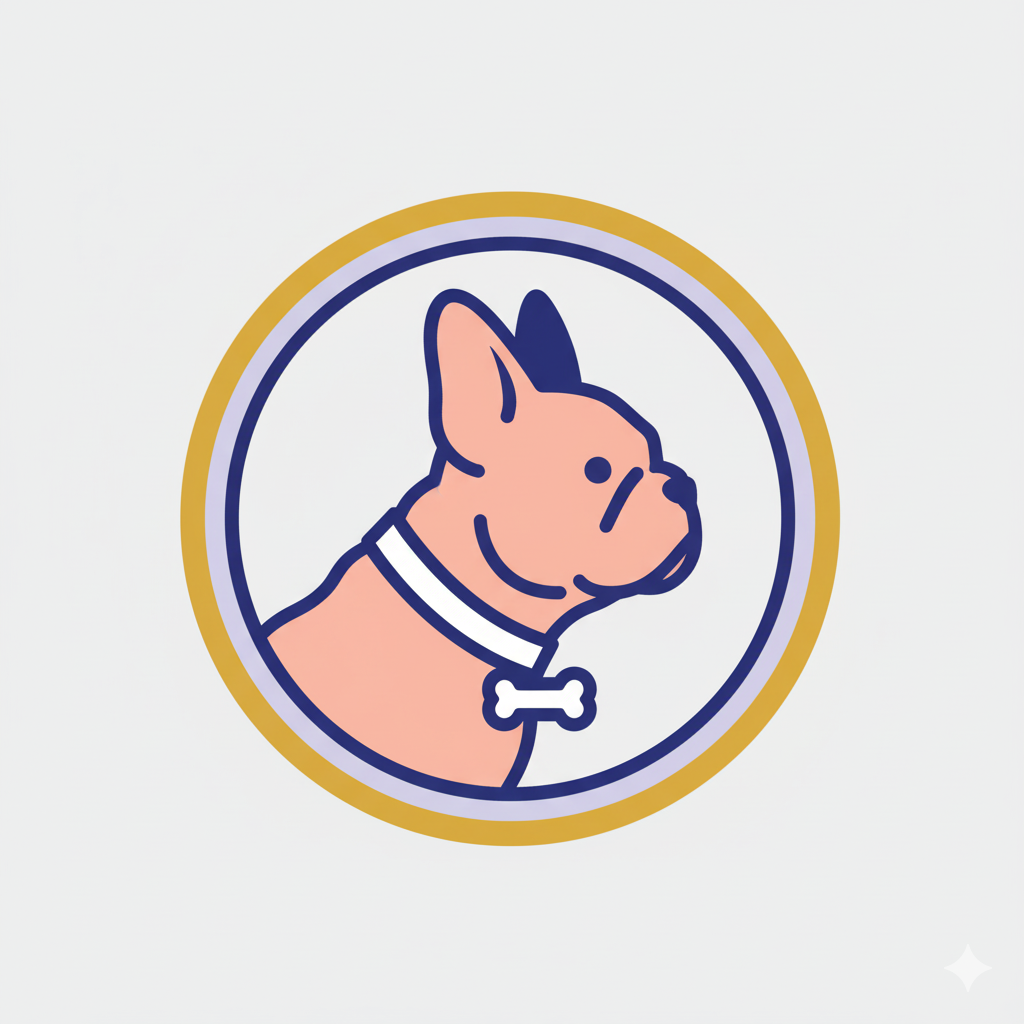Core Qualities That Define Felines as Ideal UK Companions
Cats are uniquely suited to life in the UK, thanks to their feline temperament which balances calmness with adaptability. Their ability to adjust to different living environments — whether urban flats or countryside homes — makes them exceptionally versatile pets. This adaptability reduces stress for both cat and owner, fostering a harmonious relationship.
A key aspect of cat personality is their blend of independence and affectionate companionship. Cats do not demand constant attention, allowing owners flexibility in their schedules, yet they remain loving and engaged when interaction occurs. This balance in pet qualities UK residents appreciate reflects the practical and emotional benefits of feline companionship.
Also to discover : What are the top UK cat adoption centers to consider?
Additionally, cats require relatively low maintenance compared to many other pets. They groom themselves and can be easily litter trained, minimizing daily upkeep. This low-maintenance nature fits well with the busy lifestyles common in the UK, making cats an excellent choice for those seeking both connection and convenience.
Understanding these core attributes clarifies why cats consistently rank as preferred pets across the UK. Their temperament, personality, and care needs closely align with what many British households desire in a companion animal.
Additional reading : What are the best UK cat adoption centers to consider?
Unique Benefits of Cat Ownership for UK Households
Owning a cat in the UK offers distinctive cat health benefits that enhance wellbeing beyond companionship. Numerous studies confirm cats provide significant emotional support, reducing stress and anxiety for owners. Unlike some pets requiring constant exercise, cats adapt well to varying living spaces—from cozy flats to larger houses—making them ideal for diverse UK households.
Cats offer feline advantages UK residents appreciate, including their comparatively low allergen levels that accommodate many allergy sufferers. Their independent nature means they need less hands-on care, fitting busy schedules without compromising affection or comfort. Emotional support from cats can improve mood, lower blood pressure, and foster a calming home environment.
In addition, cats contribute to healthier living conditions by controlling pests naturally, which benefits homes without relying on chemicals. This adaptability, combined with their health and emotional benefits, makes cats an excellent choice for many UK homes. Whether in urban or rural settings, cat ownership enhances wellbeing while suiting modern lifestyles.
Historical and Cultural Significance of Cats in the UK
Cats have long held a special place in British cat culture, deeply intertwined with folklore, literature, and household traditions. In the UK feline history, cats often appear as symbols of mystery and protection. For example, medieval folklore linked cats to supernatural forces, both revered and feared. This duality shaped cat tradition UK, influencing the way cats were viewed across generations.
The rise of cat ownership throughout UK history reflects changing attitudes. By the Victorian era, cats became cherished companions rather than solely pest controllers. This shift marked a significant cultural development in British cat culture. Homes across the UK increasingly welcomed cats, appreciating their affectionate nature and pest control abilities.
Over generations, cats evolved from working animals to beloved family members. Their role in British households went beyond utility to emotional support, creating lasting bonds. This evolution in the UK feline history highlights how cats grew in cultural importance, echoing through literature and everyday life, reinforcing their position as an integral part of British life.
Comparison of Felines with Other Common Household Pets
When considering cats vs dogs UK households, key differences emerge in maintenance needs, household impact, and companionship duration. Cats generally require less daily attention than dogs. Feeding a cat is typically straightforward, needing smaller portions without the insistence for frequent walks or extensive exercise. Grooming for cats is often self-managed due to their grooming habits, whereas dogs may require regular bath and brushing sessions.
Household routines can be more flexible with cats. They are independent and tolerate solitude better than dogs, benefiting busy owners or those with irregular schedules. Unlike dogs that typically demand set walks, cats adapt well to indoor living without disrupting daily plans.
Lifespan also plays a role in pet comparisons. Cats often live longer than many dogs, offering prolonged companionship with fewer health challenges during aging. From a household pet suitability perspective, cats suit those seeking lower-maintenance, adaptable companions.
Exploring household pet suitability should include one’s lifestyle and the desired pet-owner interaction level to ensure a harmonious relationship with the pet. This comparison of cats vs dogs UK highlights essential factors in making an informed choice.
Expert Insights and Current Cat Ownership Trends in the UK
Understanding UK pet statistics provides valuable context for exploring cat ownership trends. Recent studies show that cats remain one of the most popular pets in the UK, with approximately 25-30% of households owning at least one cat. This steady percentage reflects cats’ appeal as independent yet affectionate companions.
From an expert perspective, veterinarians and animal behaviourists emphasize that cats offer significant emotional benefits. Their natural behaviours—such as purring and playful interactions—help reduce stress and anxiety in owners. Experts also note that proper enrichment and socialization are essential for maintaining a cat’s well-being, especially in urban environments.
Post-pandemic trends reveal a subtle increase in cat adoptions and ownership. Unlike some other pets, cats have proven adaptable to changing household routines. Animal behaviourists highlight that many have provided comfort during lockdowns, leading to sustained interest in cat companionship. This evolving landscape of pet ownership closely follows broader UK pet statistics, underscoring a growing appreciation for feline companions in modern homes.
